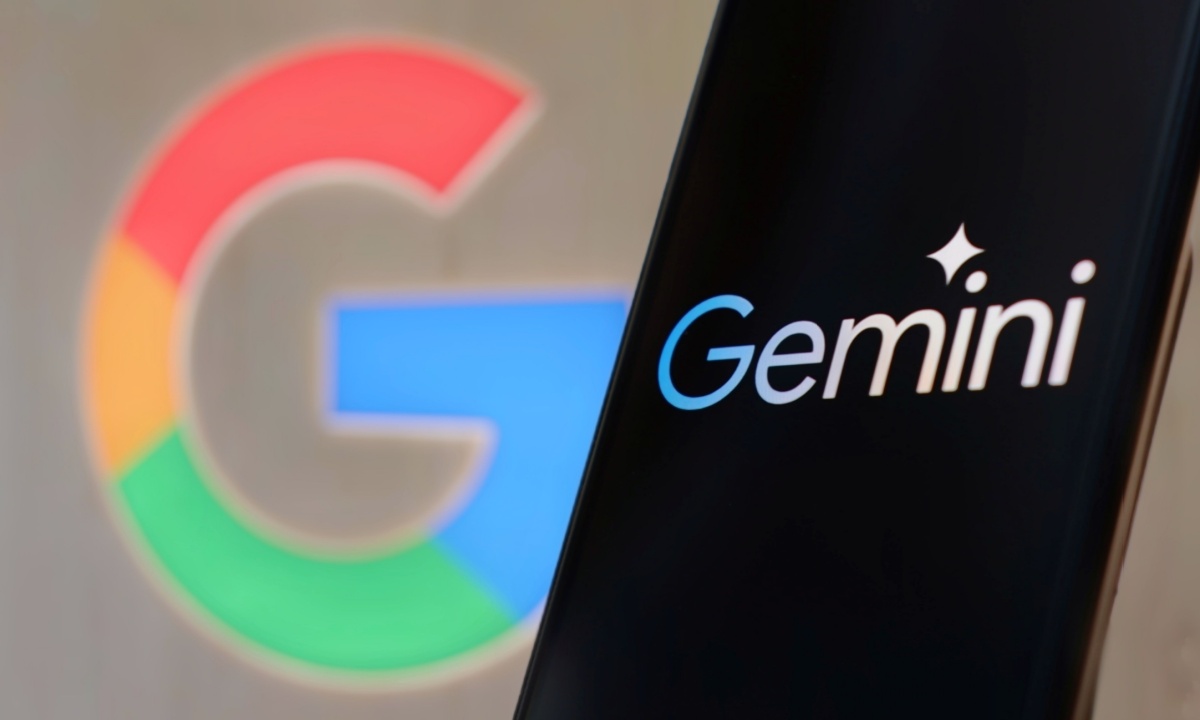
In the ongoing antitrust trial against Google, new testimony this week shed light on the tech giant’s financial arrangements with Samsung, raising further concerns about its market dominance. According to Bloomberg, Google has been providing Samsung with what is described as an “enormous sum of money” every month to secure the preinstallation of its Gemini AI app on Samsung devices. This deal comes at a time when Google is already embroiled in legal battles over its alleged monopoly in search engine services.
Peter Fitzgerald, Google’s vice president of platforms and device partnerships, testified on Monday that the payments to Samsung began earlier this year, following the discovery of Google’s antitrust violations. These allegations stemmed partly from similar arrangements Google has made with other tech giants such as Apple and Samsung to secure default placement of its search engine. With Samsung’s launch of the Galaxy S25 series in January, the Gemini AI assistant was set as the default on these devices, with Samsung’s own Bixby assistant taking a secondary role.
The Justice Department (DOJ) has raised concerns about these deals, particularly after Fitzgerald confirmed that other companies, including Perplexity and Microsoft, had approached Samsung with offers to preinstall their own AI assistants. However, a DOJ attorney pointed out that Google had only sent amended agreements to phone manufacturers last week—just days before the trial began. According to Bloomberg, the timing of these moves raised questions about the company’s intent to influence the trial’s outcome.
Internal documents presented during the hearing also revealed that Google had been considering even more restrictive distribution agreements, which would have required partners to bundle Gemini with its Search and Chrome apps. These developments are being closely watched as the DOJ seeks to determine the extent of Google’s anticompetitive practices.
Related: Google Agrees to Provide AI-Related Documents in Monopoly Case
The details of the financial arrangements between Google and Samsung were not disclosed in the court. However, Bloomberg reports that the deal is a two-year contract that includes both fixed monthly payments and a share of Google’s ad revenue generated through the Gemini app. While the exact amount of money Google is paying to Samsung remains undisclosed, DOJ lawyer David Dahlquist described the monthly payments as “enormous.”
This latest testimony comes in the wake of previous revelations in a separate case, where Google was accused of abusing its power in the Android ecosystem. Between 2020 and 2023, the company reportedly paid Samsung $8 billion to make Google Search, the Play Store, and Google Assistant the default apps on its devices. The 2023 federal jury found that Google had monopolized the Android app market through its policies on the Google Play Store. A California judge subsequently ruled that Google must ease restrictions preventing developers from creating alternative app marketplaces and billing systems. Google is currently appealing this decision.
The ramifications of these ongoing trials could significantly reshape Google’s business model. If the DOJ’s recommendations are adopted, Google could be barred from entering into default placement agreements in the future, forced to sell its Chrome browser, and compelled to license much of the data that powers Google Search. However, Google’s legal team argues that the company should only be required to relinquish its default placement deals, rather than facing the more severe restrictions proposed by the DOJ.
Source: Bloomberg
Featured News
Meta Lawyers Try to Undercut Instagram Co-Founder’s Damaging Testimony
Apr 23, 2025 by
CPI
Tyson Foods, Others Settle Pork Price-Fixing Suit for $64 Million
Apr 23, 2025 by
CPI
NJ Sues RealPage, Landlords Over Rent Collusion
Apr 23, 2025 by
CPI
DOJ Probes Disney’s FuboTV Acquisition Over Antitrust Concerns
Apr 23, 2025 by
CPI
Former LG New Zealand Executives Plead Guilty Over Deleted Messages
Apr 23, 2025 by
CPI
Antitrust Mix by CPI
Antitrust Chronicle® – Mergers in Digital Markets
Apr 21, 2025 by
CPI
Catching a Killer? Six “Genetic Markers” to Assess Nascent Competitor Acquisitions
Apr 21, 2025 by
John Taladay & Christine Ryu-Naya
Digital Decoded: Is There More Scope for Digital Mergers In 2025?
Apr 21, 2025 by
Colin Raftery, Michele Davis, Sarah Jensen & Martin Dickson
AI In the Mix – An Ever-Evolving Approach to Jurisdiction Over Digital Mergers in Europe
Apr 21, 2025 by
Ingrid Vandenborre & Ketevan Zukakishvili
Antitrust Enforcement Errors Due to a Failure to Understand Organizational Capabilities and Dynamic Competition
Apr 21, 2025 by
Magdalena Kuyterink & David J. Teece